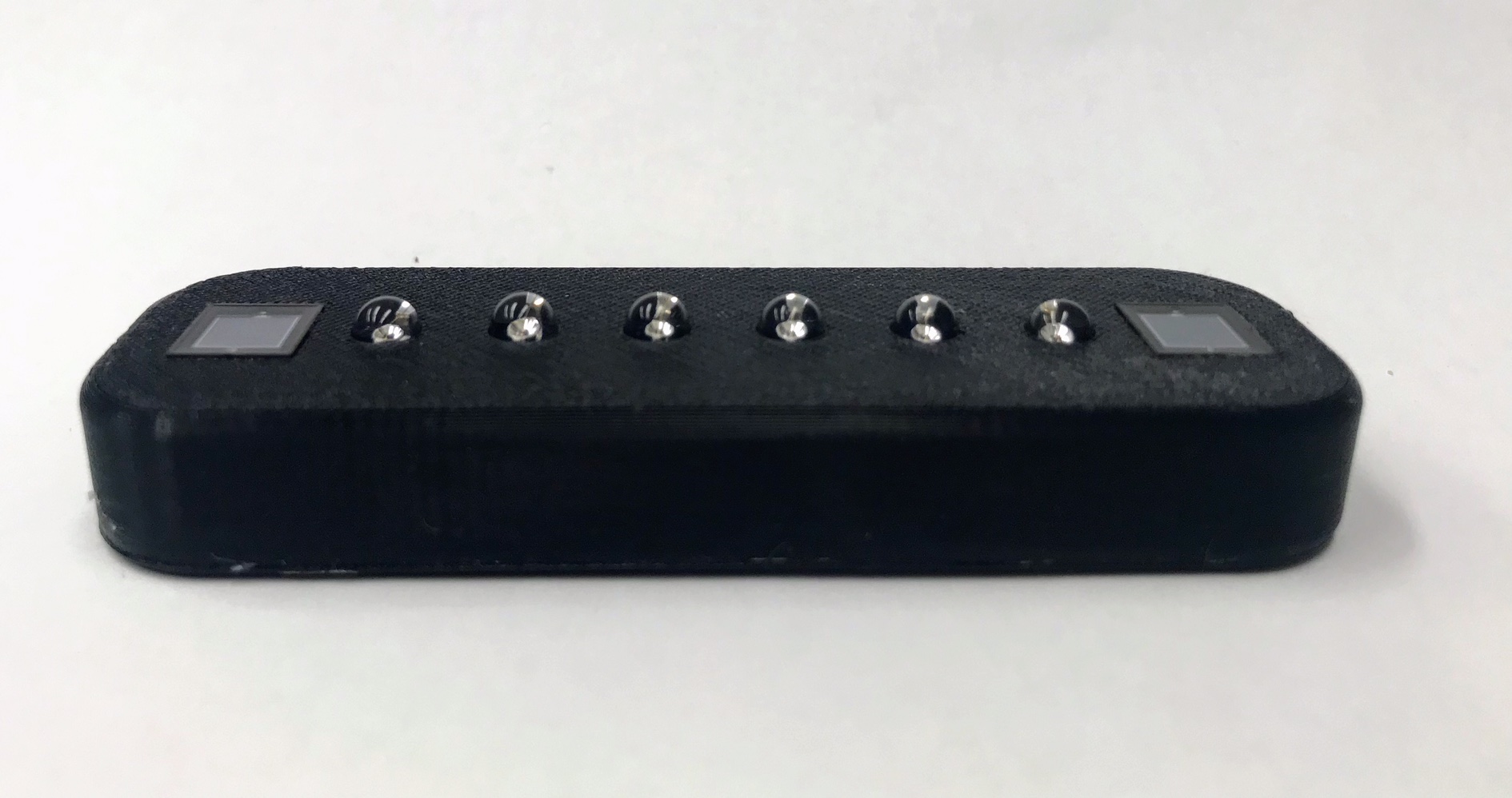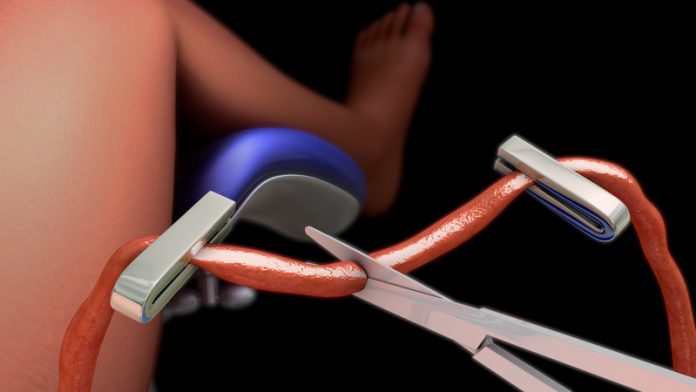Dr David Weinberg from the Human Placenta Project, a program of the Eunice Kennedy Shriver National Institute of Child Health and Human Development (NICHD), part of the U.S. National Institutes of Health, details why the human placenta is a short-lived organ, yet has a long-lasting impact
The placenta is the least understood human organ and arguably one of the most important, not only for the health of a woman and her foetus during pregnancy but also for the lifelong health of mother and child. Though we’ve all been connected to a placenta, many of us rarely think about the role of this sophisticated, multi-tasking organ in launching our lives.
The placenta serves as the lungs, kidneys, and liver for a developing foetus. It brings oxygen and nutrients and discards waste. Yet, the organ is immediately discarded after birth, under-appreciated and under-studied.
We hope to change that.
Our ambitious Human Placenta Project (HPP) aims to monitor the placenta in real time as it changes shape and form during the course of pregnancy. Our goal is to harness advanced technology and developing tools that can detect when the placenta fails to function properly. If we can learn early on that typical development has gone awry, we can identify possible pregnancy complications, such as preterm birth, preeclampsia, or fetal growth restrictions – and make it possible to intervene.
New advanced monitoring tools allow us to glean information about the placenta as it develops, without compromising the health of mother and foetus.

Global expertise to make a difference
Recognising the need to tap scientists from diverse fields, HPP has invested more than $60 million to support the development of novel technologies, from MRI and ultrasound to measurement tools that read signals in the mother’s blood. Achieving our goals will require a concerted commitment from across the globe. HPP was launched with input from the Trophoblast Centre for Research in Cambridge, as well as researchers at Oxford University and King’s College of London.
Progress and novel approaches
Imaging the placenta presents unique challenges. Even the slightest movement by the foetus or simply the mother’s breathing can temporarily distort the shape of the placenta shape and make it difficult to get clear images. Advances in imaging technology have allowed researchers to capture clear images of the placenta doing its job transporting blood and oxygen between mother and foetus.
The placenta releases small particles, called vesicles, into the maternal blood that may yield clues to the health and function of the placenta. Since the Human Placenta Project started five years ago, researchers already have developed new methods for isolating and analysing these vesicles. Scientists are studying their content looking for clues that would possibly identify biomarkers to show when pregnancies face problems.
One of the newest research developments at NICHD is a small, hand-held device, the size of a mobile phone, that can be strapped around a pregnant woman’s belly to monitor oxygen levels to the foetus – a key to detecting early pregnancy complications. While still at the early stage of development, such a device might be a cost-effective tool for use in low-resource settings.
Hope for the future
At the very first HPP workshop, I remember a physician telling me that in the past there had always been only two choices for doctors facing a pregnancy complication: deliver the baby early or wait and hope for the best. Such limited choices should be unacceptable. The goal of the HPP is to make them archaic.
For more information about the Human Placenta Project, visit:
https://www.nichd.nih.gov/research/supported/HPP/default
To read about the most recent research projects funded in 2018: visit:

Project Lead
Dr David Weinberg
Project Lead
The Human Placenta Project, a program of the Eunice Kennedy Shriver
National Institute of Child Health and Human Development (NICHD)
Part of the U.S. National Institutes of Health
Tel: +1 800 370 2943











